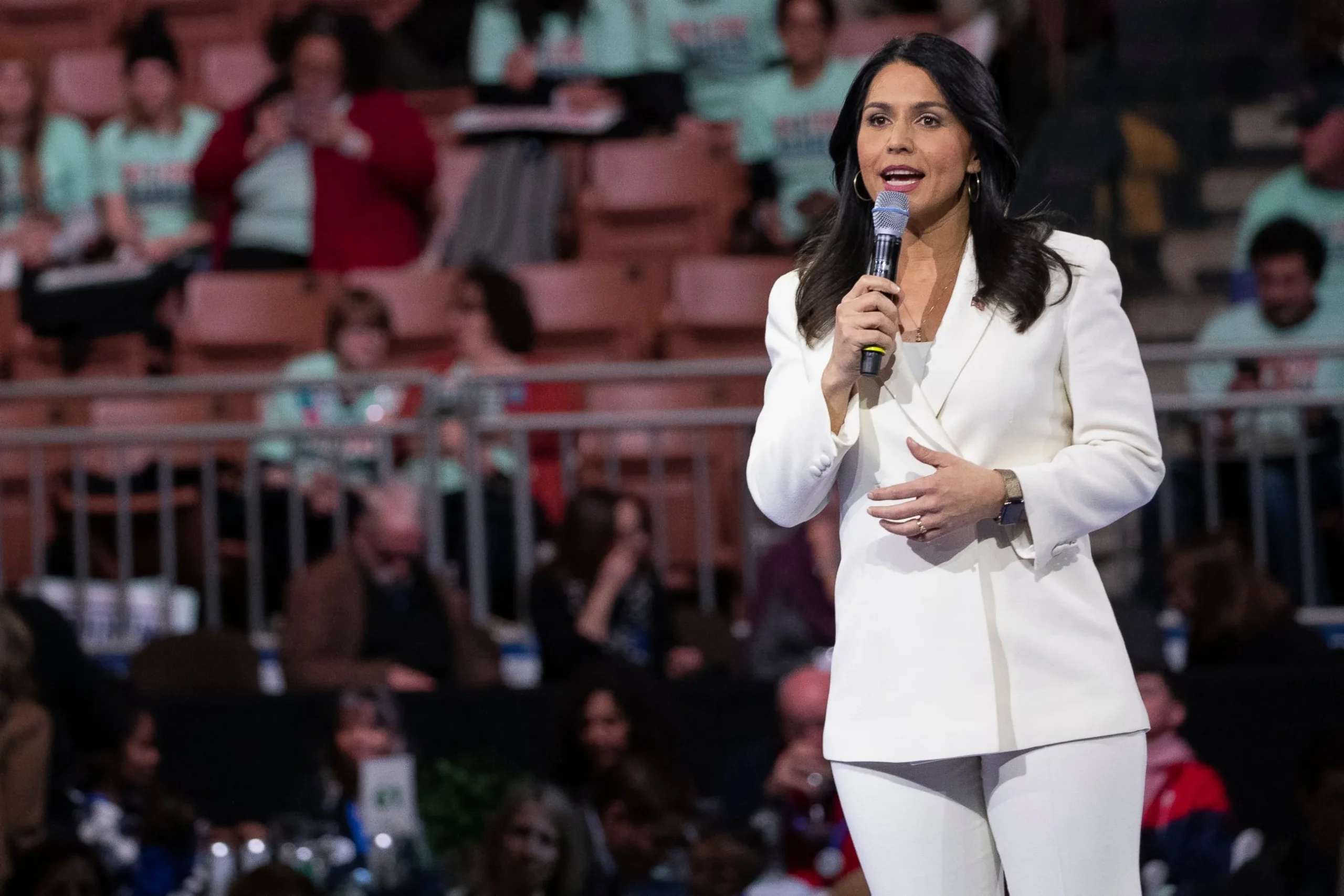Tulsi Gabbard: The Controversial Choice Shaking Up Trump’s 2024 Campaign
In a move that has sent political shockwaves through Washington, Tulsi Gabbard, the former Democratic congresswoman from Hawaii, has emerged as a pivotal figure in Donald Trump’s 2024 presidential campaign. Her potential appointment as Director of National Intelligence represents a dramatic political transformation that challenges traditional party lines and reshapes the landscape of national security leadership.
Gabbard’s journey from a rising Democratic star to a controversial Republican ally is nothing short of extraordinary. A combat veteran and the first Hindu elected to the U.S. House of Representatives in 2012, she has consistently defied political expectations. Her Lieutenant Colonel status in the Army Reserve and her unique foreign policy perspectives have positioned her as a complex and polarizing political figure.
The potential appointment comes with significant implications. If confirmed, Gabbard would oversee all 18 U.S. intelligence agencies, a role that demands unprecedented strategic insight and diplomatic nuance. Her previous criticisms of U.S. military interventions align closely with Trump’s “America First” approach, suggesting a potential synergy in foreign policy strategy.
Key aspects of Gabbard’s political evolution include:
- Her public departure from the Democratic Party
- Vocal criticism of President Biden’s international policies
- A controversial meeting with Syrian President Bashar al-Assad
- Strong stance against traditional military interventionism
Her recent statements have been particularly provocative. During a recent rally, Gabbard emphasized the critical need to “de-escalate tensions and prevent further military conflicts,” positioning herself as a voice of diplomatic restraint. This approach has attracted both fervent support and intense criticism from across the political spectrum.
The Trump campaign’s selection of Gabbard reflects a broader strategy of attracting disillusioned Democrats and independents. Her nomination follows a trend of recruiting high-profile figures who challenge traditional political narratives, similar to Robert F. Kennedy Jr.’s recent endorsement of Trump.
Critics argue that Gabbard’s past actions, particularly her 2017 visit to Syria and her controversial statements about international conflicts, raise significant concerns about her suitability for such a sensitive role. Democrats have been especially vocal in their opposition, questioning her loyalty and judgment.
Interestingly, Gabbard’s nomination could potentially reshape the 2024 election dynamics. Her unique background as a combat veteran, her Hindu heritage, and her willingness to break from party orthodoxy might appeal to voters disillusioned with traditional political establishments.
The potential appointment is not without precedent in Trump’s leadership approach. His administration has been characterized by selecting individuals based on personal loyalty rather than traditional national security credentials. Gabbard’s selection continues this pattern, signaling a continued commitment to disrupting established political norms.
As the 2024 campaign unfolds, Tulsi Gabbard remains a lightning rod of political controversy. Her journey from Democratic congresswoman to potential Republican intelligence chief represents a fascinating narrative of political transformation that continues to captivate and divide the American political landscape.
Disclaimer: This article is based on current speculative reporting and potential campaign strategies. Official confirmations are pending.






Leave a Comment